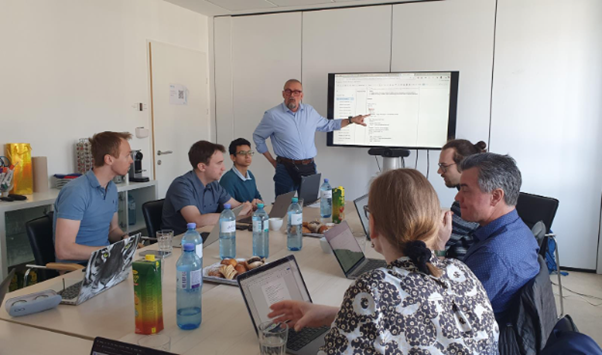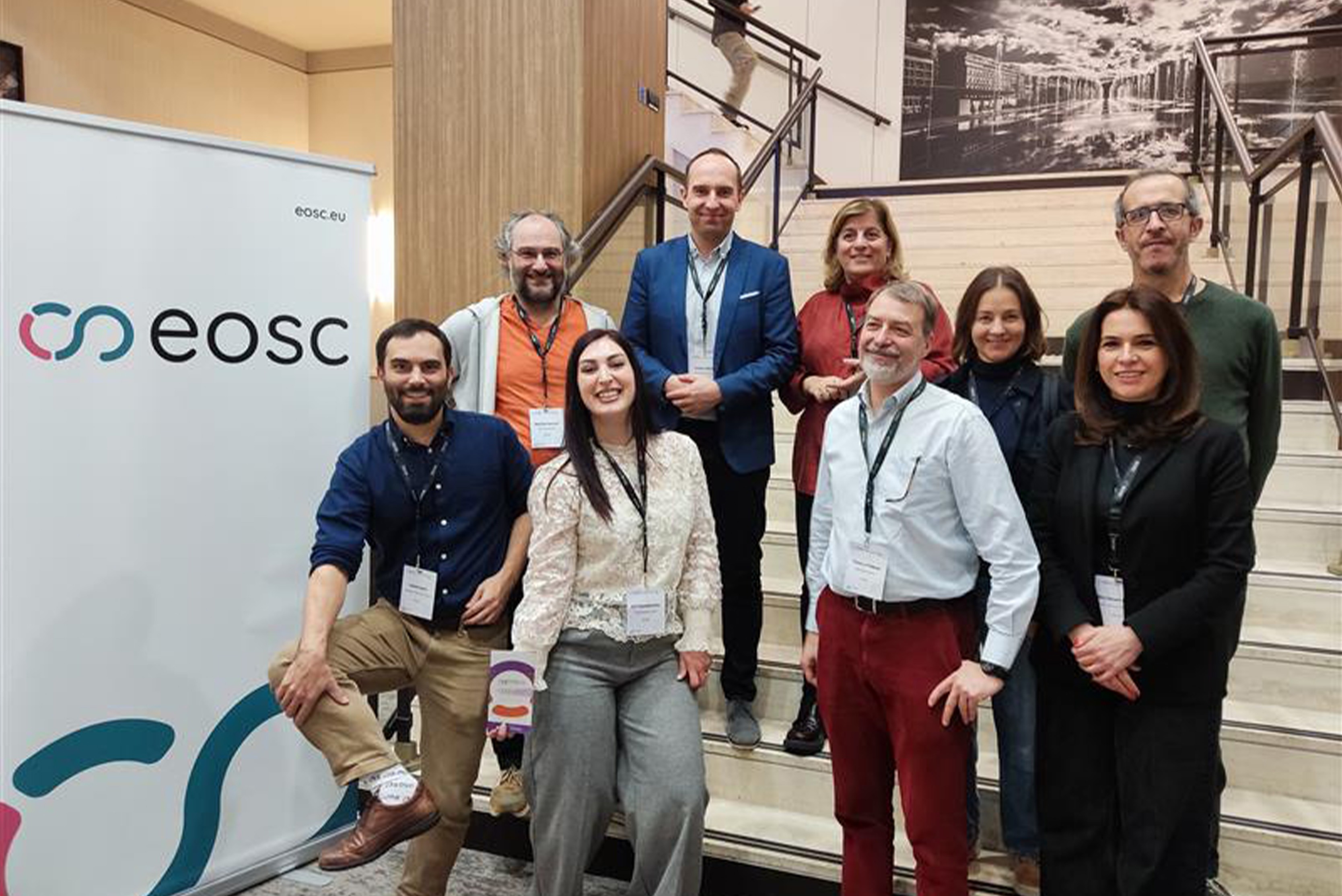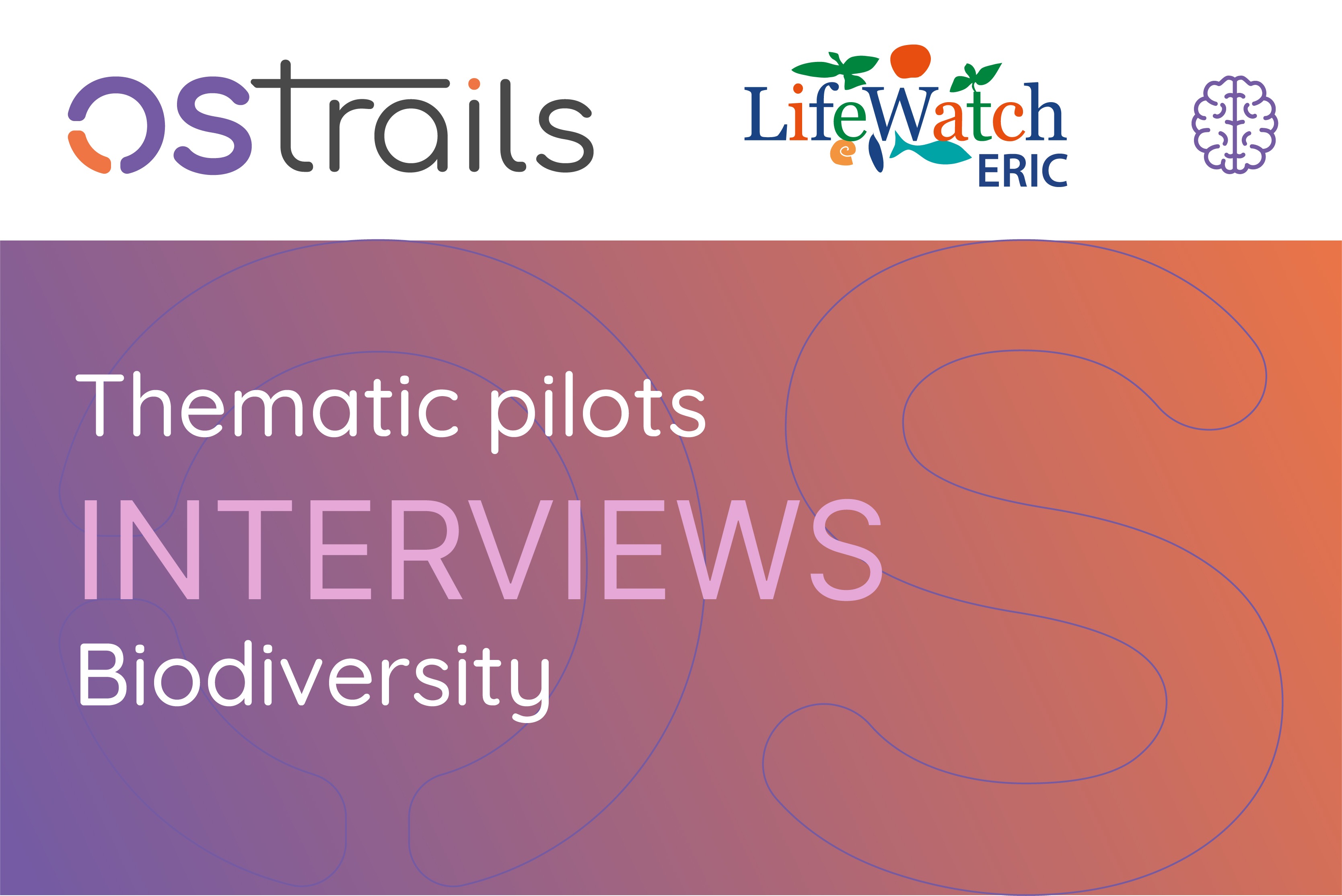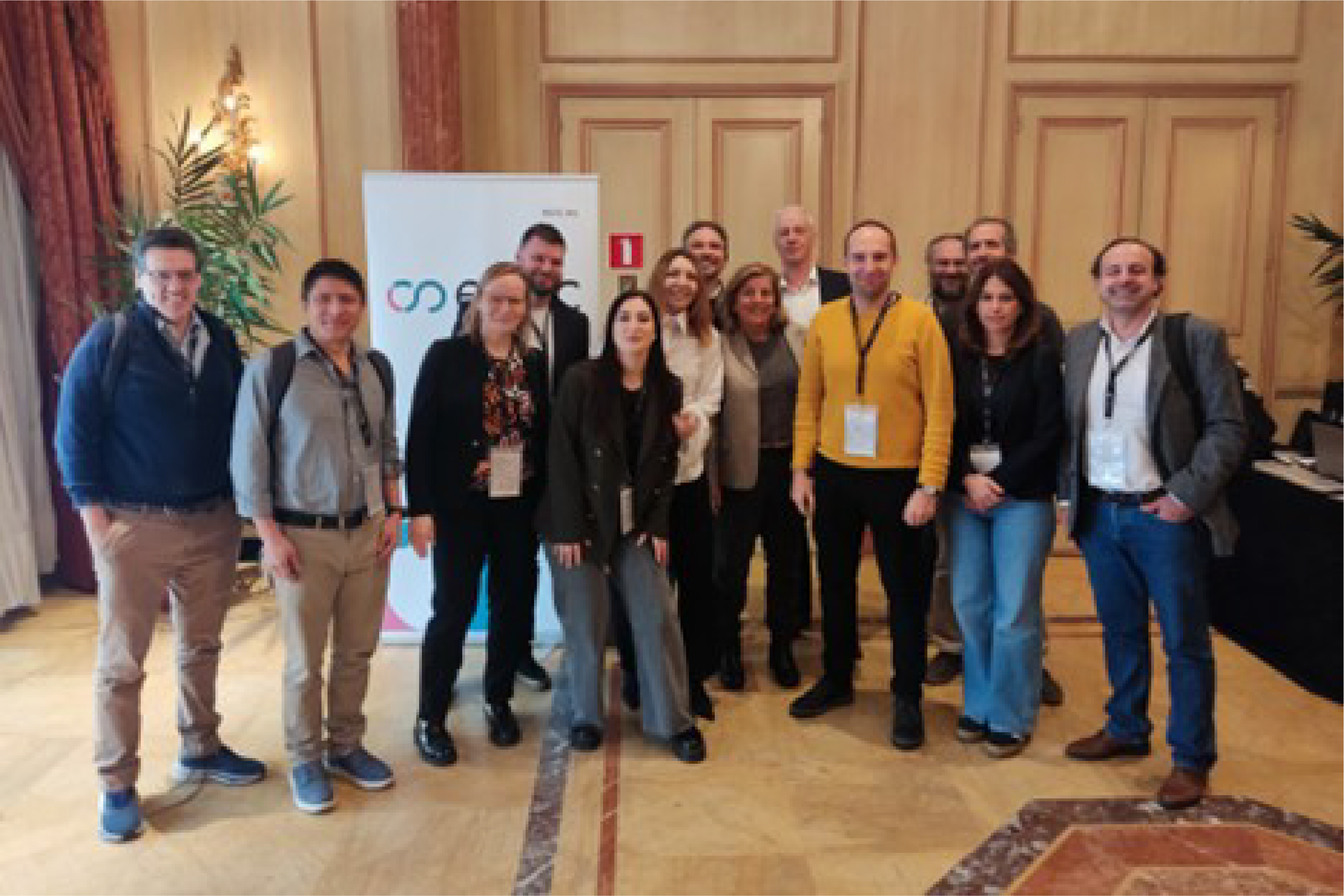Common maDMP API Hackathon Successfully Concluded in Vienna

The recent maDMP API Hackathon, held on 27 May in Vienna, marked a significant milestone in the journey towards making research data management (RDM) more efficient and machine-actionable. This collaborative event brought together experts with a clear objective: to standardise the way that Data Management Planning platforms interact in an automated way with other RDM services.
Key takeaways from the event
-
The "Common maDMP API - preliminary design" is officially closed following the hackathon, providing a stable foundation for implementation.
-
A common CRUD (Create, Retrieve, Update, Delete) operation was firmly established for each entity within the API.
-
Decisions were made regarding consistent HTTP status codes and error handling.
-
It was agreed that each tool will handle its own authentication and authorisation mechanisms, offering flexibility, though OpenID Connect (OIDC) was recommended for future common ground.
-
DMP versioning will not be supported in the API.
What was the main message?
In this context, the hackathon served as a catalyst for finalising critical design discussions on the topic, leading to a successful outcome: the establishment of a stable, common blueprint for a machine-actionable Data Management Plan (maDMP) API. This API will primarily enable the seamless creation, modification, updating, filtering, and even potential deletion of DMPs, forming the essential baseline for future interoperability of data.
Why is it important for OSTrails?
For OSTrails, this hackathon is a crucial step towards its mission of delivering the Commons to Plan-Track-Assess research in European Open Science Cloud (EOSC). OSTrails aims to streamline FAIRness, interconnectivity, and machine-actionability across all phases of research. Data Management Plans are a core pillar of the OSTrails project, and a standardised maDMP API is vital for achieving its goal of co-developing and testing fit-for-purpose solutions for FAIRness and machine-actionability across diverse domains and national settings. Building on the OSTrails Reference Architecture, which provides the foundational blueprint for interoperable research tools and ensures alignment across all OSTrails pillars (FAIR, SKG, and DMP), the finalised API directly supports making Data Management Plans more robust and integrated within the broader research ecosystem.
Why is it important for Open Science in general?
This API is important for Open Science because it facilitates the machine-actionability of Data Management Plans, moving them beyond static documents to dynamic, integrable entities. This advancement is key to enhancing the FAIR principles (Findable, Accessible, Interoperable, Reusable) for research data. By standardising how DMPs interact across different tools and platforms, the API fosters greater interoperability within EOSC. This means better governance, tracking, and assessment of research data, ultimately contributing to a more efficient and transparent research landscape globally.
Impressions
The hackathon was characterised by lively discussions and a strong collaborative spirit, especially when tackling complex topics. One of the key outcomes was the successful conclusion of ongoing negotiations around the API design, culminating in the closure of the Common maDMP API - preliminary design document, now considered stable. This outcome reflected a focused and productive working environment, with participants working effectively together to reach consensus on critical technical matters.

Conclusions
The hackathon marks a major leap forward in making Data Management Plans truly machine-actionable and interoperable. The consensus reached and the finalised preliminary design provide a solid foundation for DMP providers to begin implementing the API. This collaborative effort is essential for building a robust infrastructure that supports researchers, institutions, and funders in creating a cohesive, machine-actionable Open Science ecosystem aligned with FAIR-by-design principles and the broader EOSC vision. The event also underscores the power of community-driven development in addressing complex technical challenges for the benefit of the wider research community.



